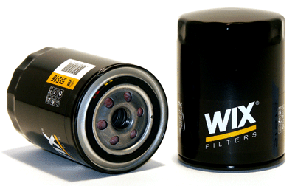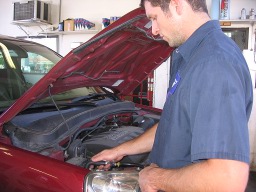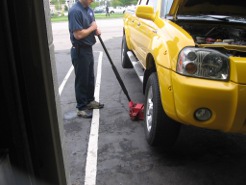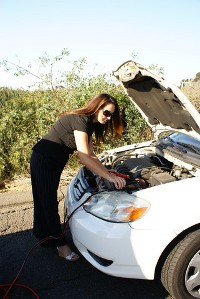 There are many times in our business that we meet customers who don’t understand why a car oil filter is important. Most of them recognize the importance of quality oil but don’t realize how the oil and oil filter work together to keep their car running. So why is a car oil filter important?
There are many times in our business that we meet customers who don’t understand why a car oil filter is important. Most of them recognize the importance of quality oil but don’t realize how the oil and oil filter work together to keep their car running. So why is a car oil filter important?
Oil filters have a very important function and if your oil filter has poor quality, it can shorten the life of your engine and cause other parts to fail as well. This small part of your car’s lubrication system plays an important role in protecting your engine from premature wear. All the moving parts in the engine need clean oil to properly lubricate them. Tiny bits of metal chip off of various engine parts while it’s running. If these bits of metal are allowed to recirculate through the oil, they could break off other bits of metal, which eventually will cause erosion in the engine. A quality oil filter helps prevent this erosion from taking place. The oil filter cleans the oil as it passes through the filter and prevents abrasive contaminants from damaging the parts in the engine.
It is very important to choose a high quality oil filter because the internal construction and quality of the filter has a huge effect on the life of your car’s engine. Here at Express Care, we use a Wix oil filter. Wix was patented in 1954 and has been at the forefront of oil filter technology and performance for passenger cars, trucks, buses and off-road vehicles ever since.
One of the standards used to determine the quality of an oil filter is called filtration efficiency or particle size retention. Particle size retention is the measure of how well a filter can retain particles of various sizes. Wix has developed optimum filtration efficiency in their filters. They are able to trap and hold essentially all the particles larger than 25 microns (a human hair measures about 70 microns in diameter.) These filters can also capture a high percentage of even smaller particles.
Another standard that a quality filter must meet is dirt-holding capacity. This is the amount of contaminants that can be removed and held by the filter until the filter no longer works. The capacity of Wix filters is much larger than the minimum requirements that are specified by vehicle manufacturers for a regular oil change interval.
Hopefully these facts help you understand why a car oil filter is important. A quality oil filter and quality motor oil work together to help our cars run more efficiently.
For all of your Denver Auto Repair needs, trust Express Car Care. Call us at (303) 691-2760 or stop by and see us.









